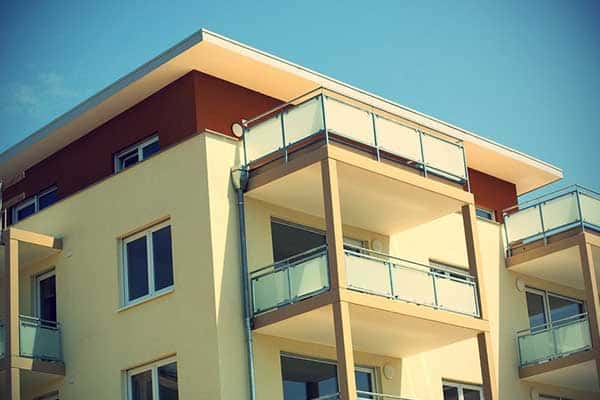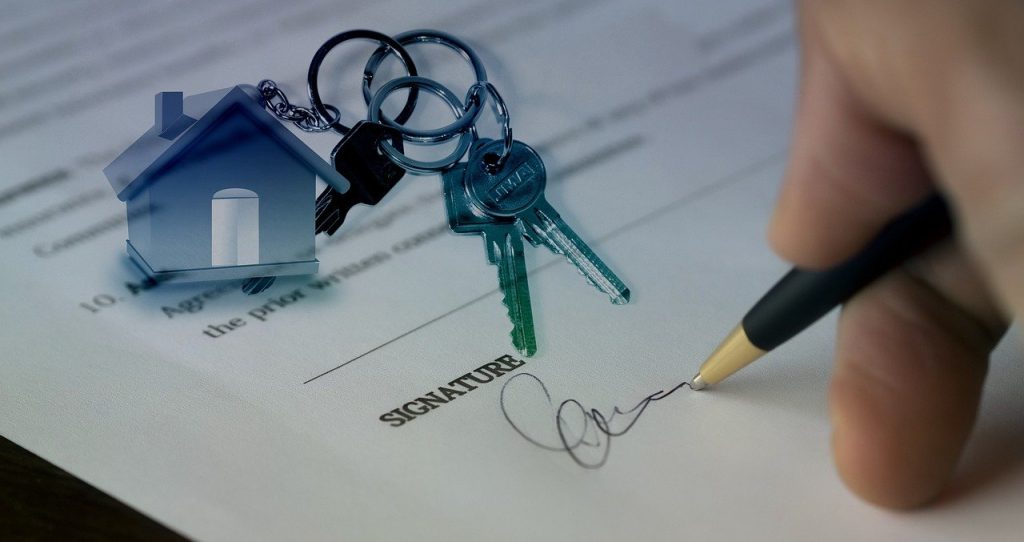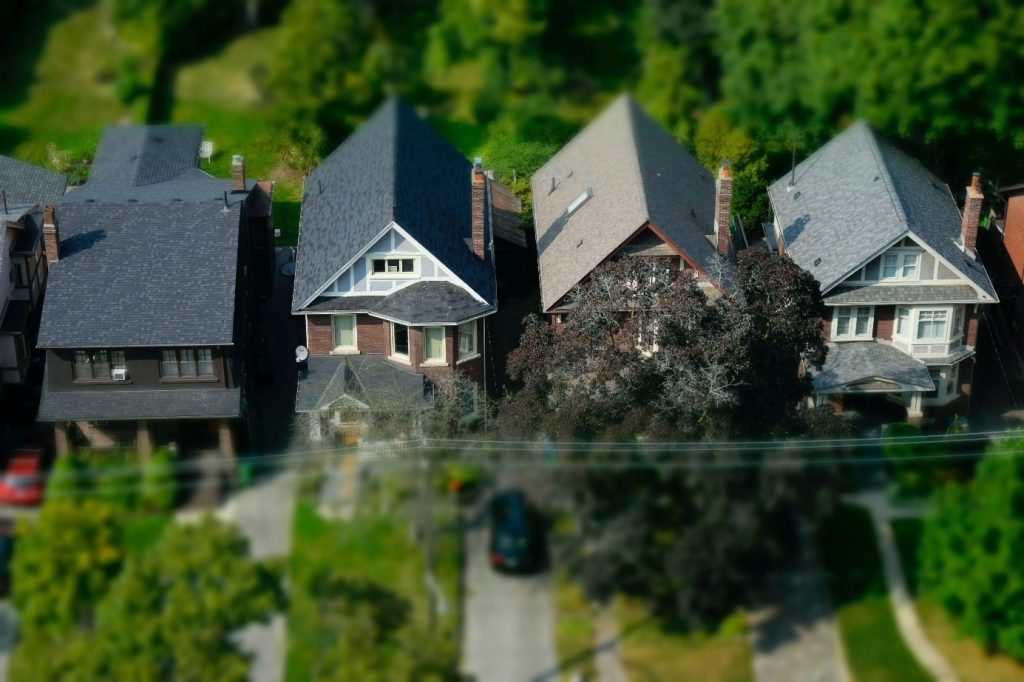When renting out your property, it is essential to set the best amount of your rent including charges to avoid disappointment and future worries.
It is important to know that in the case of the rental of accommodation for use as a main residence, the fixing of the rent is regulated by articles 17 and 18 of the law of July 6, 1989.
Summary
The basic fixing of the rent
A rent is determined according to several criteria: the surface area of the accommodation, its characteristics, the rents in force in the vicinity, the work carried out, the rental charges and the geographical area of the property.
This last criterion is in fact now subject to very specific rules.
Rent control
The Alur law of March 2014 created a rent control system according to the agglomeration where the accommodation is located.
There currently exists two areas : non-tense areas and tense areas.
In the non-tense areas, the setting of the rent is completely free and unsupervised.
In tense areas, there are two cases: municipalities for which there is not yet a reference rent but for which a maximum excluding charge may have to be respected and Paris, the only city for the moment when rents are framed.
The principle for tight areas outside Paris is that the rental rent cannot be higher than the last rent applied to the previous tenant who has not left the premises for more than eighteen months.
The only way in tight areas outside Paris to set the rent freely is in the context of a first rental or if the previous tenant has left for more than eighteen months or even if improvement work has been carried out to an amount at least equal to the last year’s rent.
Otherwise, to increase the rent, it can be revised according to the IRL index if this revision has not been made in the twelve months preceding the new rental.
In Paris, the prefect, according to information given by the Rent Observatory, decides on an order governing rents. If the outgoing tenant pays a rent lower than the increased reference rent, the landlord will have to set up a rent equal (or revised) to that of the outgoing tenant. To increase it in the event of undervaluation or substantial work, it will be necessary to respect the maximum amount of the increased reference rent.
If the rent of the departing tenant is higher than the increased reference rent, the new rent must be equal to the amount of the increased reference rent.
Read also: Fixing the rent of a dwelling: how to do it?
Rental charges
The charges are the expenses that the tenant will have to pay but which are paid in advance by the owner.
They are therefore recoverable from the tenant in addition to the rent excluding charges.
They represent various charges relating to rented accommodation such as collective heating, the remuneration of a caretaker or a person for cleaning the common areas, elevator charges, household waste tax, boiler maintenance, etc. .
The charges concerned are fixed in the decree of August 26, 1987.
The owner will therefore have to correctly provision the amount of the charges to be added to the amount of his rent excluding charges.
A regularization will have to take place once in the year.
Read also: Tenant: taxes, charges, what do you have to pay?




